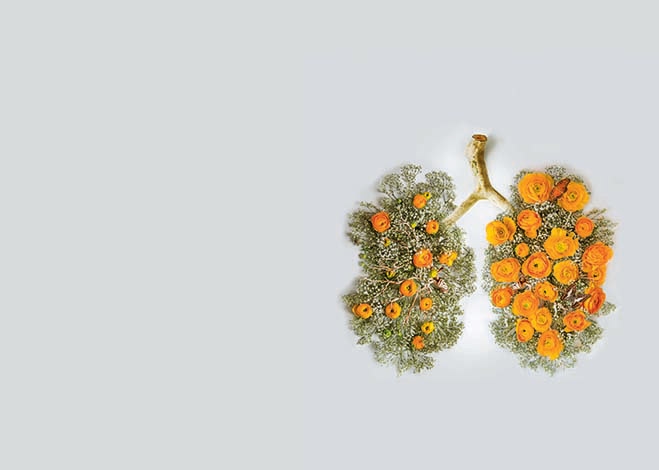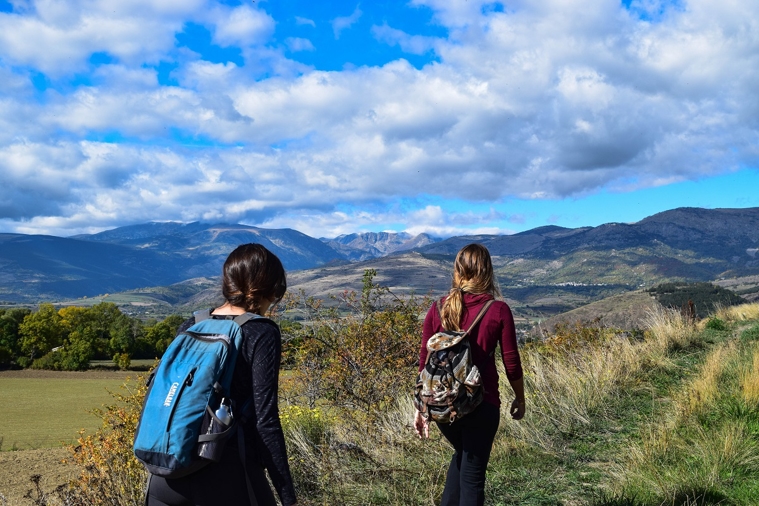Can a CT Scan Detect Lung Cancer?
Sep 20, 2022

Lung cancer is the deadliest cancer among men and women in the U.S. And for those with a history of smoking, the risk is significantly higher: People who smoke cigarettes are 15 to 30 times more likely to die from lung cancer. But early detection with a revolutionary screening can make a significant difference in treatability.
An early-detection solution
A low-dose CT scan quickly takes multiple X-rays for a detailed image of the lungs. “It uses five times less radiation than a standard CT scan, so it’s considered safer,” saysDavinder Dhillon, MD,a critical care physician at Adventist Health and Rideout.
Providers review the images from the low-dose CT scan to look for abnormalities on the lungs that could indicate cancer. This screening can detect smaller abnormalities than a traditional chest X-ray, meaning cancer can often be identified earlier.
Screening for smokers
Most smokers are considered at high risk for lung cancer, as are people who have had exposure to asbestos or live in industrialized metropolitan areas. “A good candidate for lung cancer screening is someone who is between 50 and 80 years old, is a current smoker or quit within the last 15 years, and has a 20-pack-year history,” meaning they have smoked a pack a day for 20 years or two packs a day for 10 years, Dr. Dhillon says.
Adventist Health providers recommend that people in the high-risk category get a low-dose CT scan every year for three years, so providers can detect changes and compare abnormalities to see if they grow over time.
A positive outcome
Because lung cancer can be detected at an early stage with a low-dose CT scan, treatment can be more effective. In fact, studies have shown a 20 percent improvement in survival rates with a low-dose CT scan compared with a chest X-ray.
Dr. Dhillon recommends that current or former smokers talk to their primary care providers about their risk factors and whether this screening is right for them. “Your provider can order alow-dose CT scanor send you to our lung nodule program, where we can start the screening process and talk about your options,” he explains.


